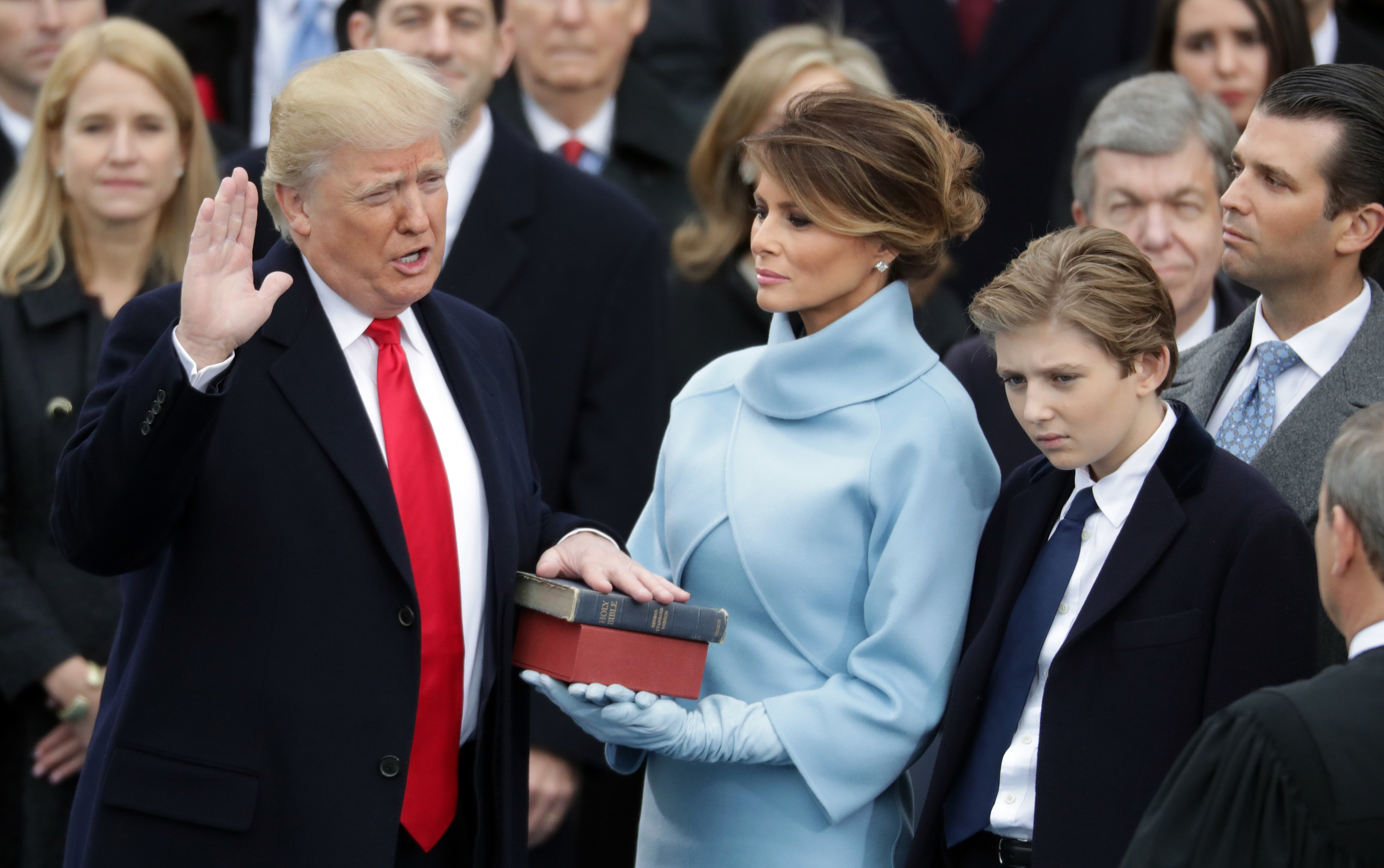The fundraising for the inauguration of President-elect Donald Trump has beaten all records, gathering an unprecedented $170 million.
Tech executives and big donors have donated massive sums of money to curry favor with the incoming president. The donations are usually spent on events surrounding the inauguration, such as the oath of office ceremony, a parade, and several inaugural balls.
The fundraising sum was initially reported Wednesday by The New York Times.
Federal Election Commission records reveal that President Joe Biden brought in $62 million for his inauguration four years ago. When Trump was inaugurated in 2016, the donations also set a record then as he collected more than $106 million.
Following Trump’s second election victory in November, Amazon and Meta, which operates Facebook and Instagram, revealed that they would each donate $1 million to the inauguration. Meanwhile, Sam Altman, the CEO of OpenAI, said he was planning on making a $1 million donation. Similarly, Google has also donated $1 million to the inaugural fund.
Altman has been critical of Trump in the past but recently told Bloomberg: “He’s the president of the United States. I support any president.”
Late last year, Trump indicated that he wouldn’t rule out antitrust enforcement, a sensitive area for Google.
“Google is pleased to support the 2025 inauguration with a livestream on YouTube and a direct link on our homepage. We’re also donating to the inaugural committee,” the global head of government affairs and public policy, Karan Bhatia, told CNBC in a statement.
A spokesperson noted that the company has donated to previous inaugurations and that the link on the homepage and the YouTube livestream are also similar measures to past inaugurations.

Tim Cook, the CEO of Apple, is also reported to have contributed to the inauguration.
After an election victory, candidates typically appoint an inaugural committee, which then organizes and finances events, such as opening ceremonies, balls, and the parade.
There are no limits on how much an individual, company, or group can donate to the committee. Last month, Ford joined the tech companies donating to the inauguration, pledging $1 million and a fleet of vehicles backing the proceedings.
Microsoft has also joined the other tech giants in donating $1 million to the inauguration, according to Forbes.
Similarly, AI search startup Perplexity will also donate $1 million to the inaugural fund, and it’s also handing the administration a free version of its premium software to be a “good partner” to the incoming administration, chief business officer Dmitry Shevelenko told Bloomberg.
The inaugural committee has to file a report with the Federal Election Commission outlining all of the donations by the 90th day following the inauguration.
The inaugural committee is no longer selling tickets to major donors to attend the swearing-in ceremony and private events in the nation’s capital, according to The New York Times.
Even some donors who have donated more than a million dollars have been put on waiting lists or have been told that they probably won’t get VIP tickets as the events are already full, the paper reported.
Donors are usually looking for seats at the inauguration or tickets to one of the inaugural balls. Inaugural events are important for lobbyists as they leverage donations from corporate sponsors and wealthy donors in a bid to boost their influence or improve their relationship with an incoming administration.
Possible donors were told this week that no further seats were available for some events, and the donation link fundraisers were sharing with their networks no longer functioned by Tuesday and Wednesday.
Events connected to the inauguration begin on January 17 with those who have given $1 million or raised $2 million supposed to get six tickets to six events, including the swearing-in ceremony and a “candlelight dinner” on January 19 with Trump and incoming First Lady Melania Trump.
Those individuals also got two tickets to a dinner with Vice President-elect JD Vance and wife Usha Vance.
Packages put forward to corporate and individual donors were initially advertised as being available until Friday, but they ended earlier because of higher-than-expected demand.
The committee could ultimately raise more than $200 million.



